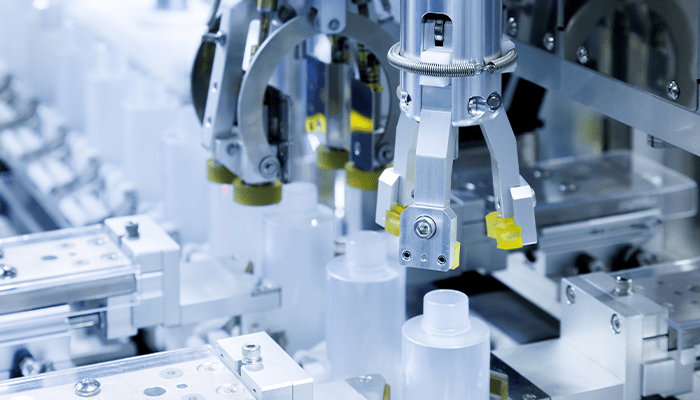
Leveraging Business Intelligence and Data Analytics in Manufacturing
In today's world, manufacturing companies must leverage business intelligence (BI) and data analytics to gain real-time insights for informed decision-making and efficient strategizing. Data analytics, often considered a form of storytelling, can predict potential issues like machine failures and production lags, enabling proactive responses.
By analyzing key performance indicators, business leaders can be alerted to potential problems, and data analysis can identify the causes. For instance, if production costs exceed expectations, data can pinpoint the source, such as a new employee needing training or a sick employee needing help.
Daily data availability helps shift from reactive to proactive strategies. During crisis periods, like the pandemic, real-time data aids in managing inventory against throughput and expectation measurements. Machine learning enhances data processing capabilities, identifying crucial factors humans may miss.
Data can also be used to build predictive models, incorporating historical and external data with current trends, to anticipate future occurrences like increased orders. Predicting changes in demand, machine hours, raw material prices, and labor shifts can better inform investment decisions and necessary machine maintenance, allowing companies to be proactive about inspections and repairs.
Business intelligence and data analytics can also provide customer insights. By analyzing customer data, manufacturers can identify trends and patterns in consumer behavior, leading to better product development and targeted marketing strategies. This approach not only enhances the customer experience but also increases customer loyalty and satisfaction.
Moreover, BI and data analytics can aid in supply chain management by providing visibility into supplier performance, inventory levels, and lead times. It allows manufacturers to identify bottlenecks and make improvements, which ultimately leads to better collaboration and trust with suppliers.
Business intelligence and data analytics are essential tools for critical insights. To learn more about how data can transform various facets of manufacturing, check out this article from James Moore or contact our manufacturing team.
Featured News & Insights

The manufacturing industry is changing fast. With record-breaking investments in new facilities, cutting-edge technology, and a push for smarter, more sustainable operations, there’s a lot to be...

Manufacturing is a cornerstone of the global economy, encompassing industries that transform raw materials into finished goods. From automotive and aerospace to electronics and consumer products, the...

A recent Forbes story on key topics for manufacturers going into 2025 mentioned several, but the overall theme was the advancement of AI technologies in the manufacturing industry. Following is a...